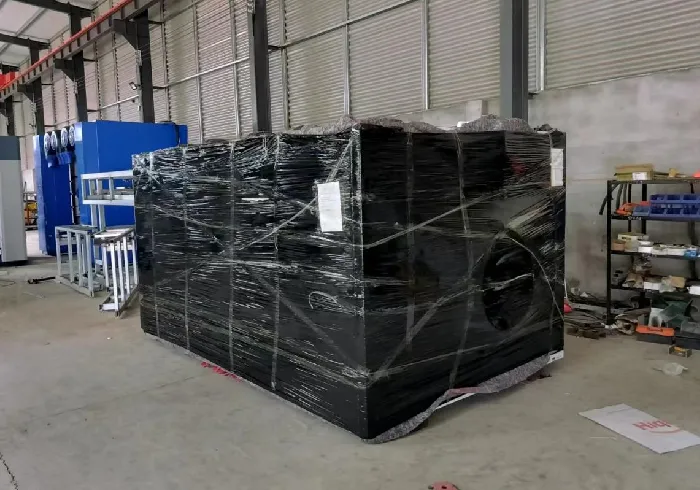
- Afrikaans
- Albanian
- Amharic
- Arabic
- Armenian
- Azerbaijani
- Basque
- Belarusian
- Bengali
- Bosnian
- Bulgarian
- Catalan
- Cebuano
- Corsican
- Croatian
- Czech
- Danish
- Dutch
- English
- Esperanto
- Estonian
- Finnish
- French
- Frisian
- Galician
- Georgian
- German
- Greek
- Gujarati
- Haitian Creole
- hausa
- hawaiian
- Hebrew
- Hindi
- Miao
- Hungarian
- Icelandic
- igbo
- Indonesian
- irish
- Italian
- Japanese
- Javanese
- Kannada
- kazakh
- Khmer
- Rwandese
- Korean
- Kurdish
- Kyrgyz
- Lao
- Latin
- Latvian
- Lithuanian
- Luxembourgish
- Macedonian
- Malgashi
- Malay
- Malayalam
- Maltese
- Maori
- Marathi
- Mongolian
- Myanmar
- Nepali
- Norwegian
- Norwegian
- Occitan
- Pashto
- Persian
- Polish
- Portuguese
- Punjabi
- Romanian
- Russian
- Samoan
- Scottish Gaelic
- Serbian
- Sesotho
- Shona
- Sindhi
- Sinhala
- Slovak
- Slovenian
- Somali
- Spanish
- Sundanese
- Swahili
- Swedish
- Tagalog
- Tajik
- Tamil
- Tatar
- Telugu
- Thai
- Turkish
- Turkmen
- Ukrainian
- Urdu
- Uighur
- Uzbek
- Vietnamese
- Welsh
- Bantu
- Yiddish
- Yoruba
electric soft wash system
The Benefits of Electric Soft Wash Systems for Exterior Cleaning
In recent years, the cleaning industry has seen significant advancements, particularly in exterior cleaning methods. One such innovation is the electric soft wash system, a powerful tool that has transformed the way we approach cleaning surfaces like roofs, walls, and driveways. This article delves into what electric soft wash systems are, how they work, and the advantages they bring to both residential and commercial cleaning.
What is an Electric Soft Wash System?
An electric soft wash system utilizes low-pressure water combined with specialized cleaning solutions to gently remove dirt, mold, algae, and grime from various surfaces. Unlike traditional pressure washing, which can cause damage to more delicate surfaces, soft washing uses a method that is safe yet highly effective for cleaning up exterior spaces. The electric component emphasizes eco-friendliness and accessibility, allowing users to take advantage of the power of electricity rather than relying on gas or diesel-driven machines.
How Does It Work?
The core functionality of an electric soft wash system lies in its unique application of cleaning agents and controlled water pressure. First, a mixture of cleaning chemicals is prepared - these are often biodegradable and designed specifically for exterior cleaning. Once the solution is ready, the system applies it to the surface using a pump that generates low pressure, typically around 100-200 PSI.
As the cleaning solution sits on the surface, it penetrates deeply into stains and microbial growth, breaking them down effectively. After a short dwell time, the system rinses away the solution with clean water or continues to use the same gentle pressure to wash away all the contaminants, leaving surfaces looking revitalized.
Advantages of Electric Soft Wash Systems
electric soft wash system

1. Safety for Surfaces One of the main advantages of using an electric soft wash system is that it is safe for a wide variety of surfaces. It is particularly effective for materials that are sensitive to high pressure, such as softwoods, shingles, and stucco. High-pressure washing can strip away paint, damage roofs, and cause other irreversible harm; soft washing avoids these issues.
2. Eco-Friendly Operation Electric soft wash systems typically consume less energy than gasoline-powered models. Additionally, the use of biodegradable cleaning solutions means that the cleaning process is gentle on the environment, minimizing chemical runoff into the soil or water systems.
3. Efficiency and Cost-Effectiveness With the electric soft wash system, you can cover larger areas in a shorter amount of time. The efficiency of electric-powered motors also reduces maintenance costs, as they generally have fewer moving parts and don’t require the same level of upkeep that gas engines do.
4. User-Friendliness These systems are often designed with the user in mind. Many models are lightweight, portable, and easy to operate, making them accessible for both professionals and homeowners. Even those who may not have experience with cleaning equipment can use these systems with minimal training.
5. Long-Lasting Results The cleaning solutions used in electric soft wash systems not only clean surfaces but also help prevent regrowth of mold and mildew. This means that buildings and outdoor spaces remain cleaner for an extended period, reducing the need for frequent cleaning and the associated costs.
Conclusion
In conclusion, electric soft wash systems represent a significant leap forward in the exterior cleaning industry. Their combination of power, safety, and environmental responsibility makes them an excellent choice for homeowners and businesses alike. As we continue to seek more effective and sustainable cleaning solutions, the electric soft wash system stands out as a modern, efficient option that meets the demands of today’s eco-conscious consumers. Embracing this technology not only enhances the aesthetic appeal of properties but also contributes to their long-term maintenance and care.
-
Integrating Aqua Tunnel Car Wash in Shopping CentersNewsJun.24,2025
-
Gas Station with an Auto Car Wash MachineNewsJun.24,2025
-
Efficiency in Your Aqua Tunnel Car Wash: Power & Water-SavingNewsJun.24,2025
-
Car Wash Business with Advanced Auto Car Cleaning MachinesNewsJun.24,2025
-
Balancing Setup Costs with Aqua Tunnel Car WashNewsJun.24,2025
-
Aqua Tunnel Car Wash: Eco-Design for the Energy-Savvy EntrepreneurNewsJun.24,2025



